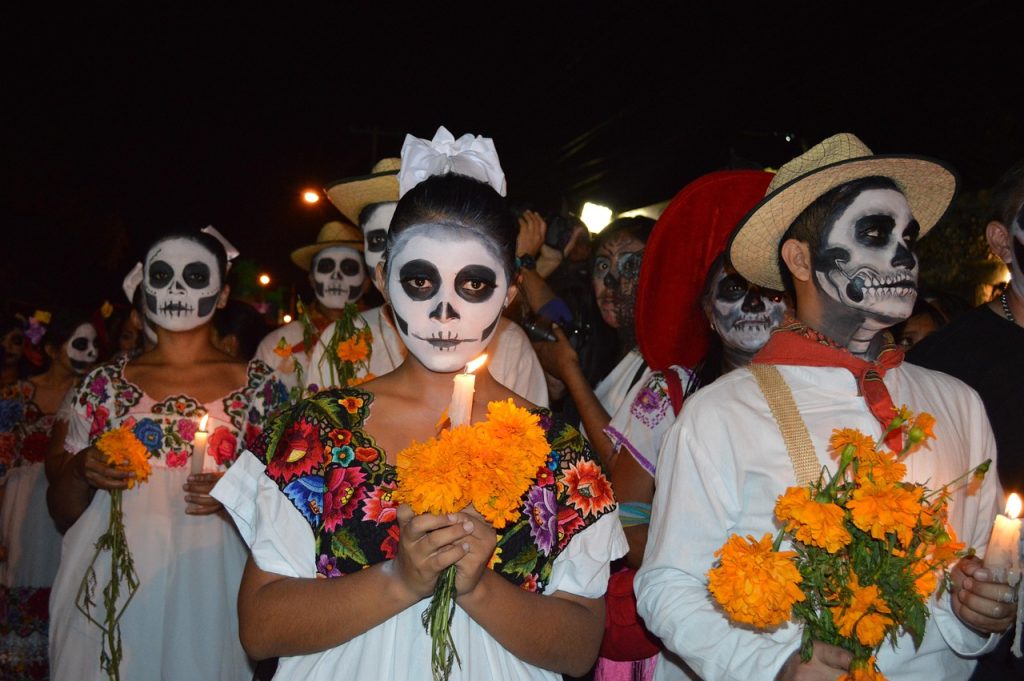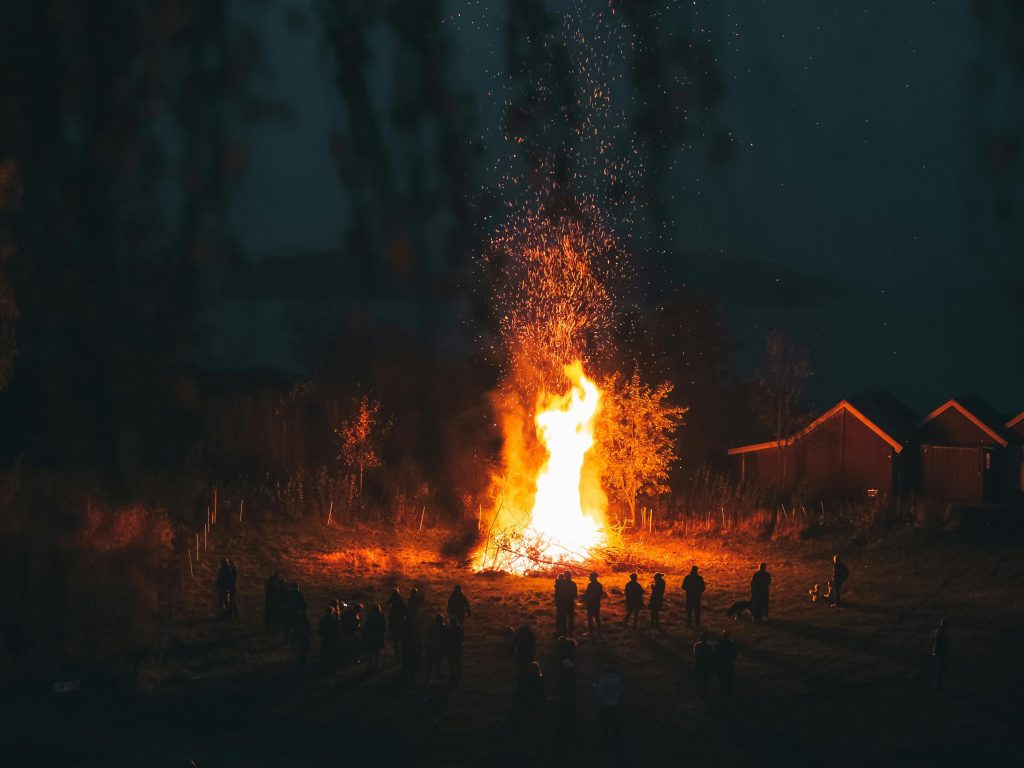Journeys of Transformation: The Road That Shaped Nikola Trifunović
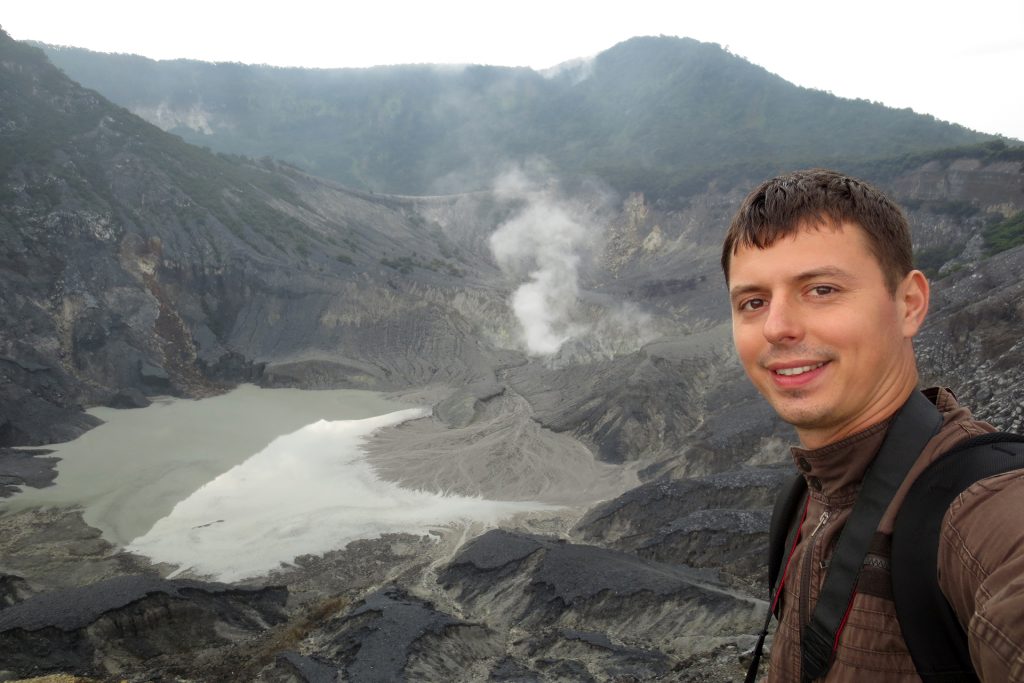
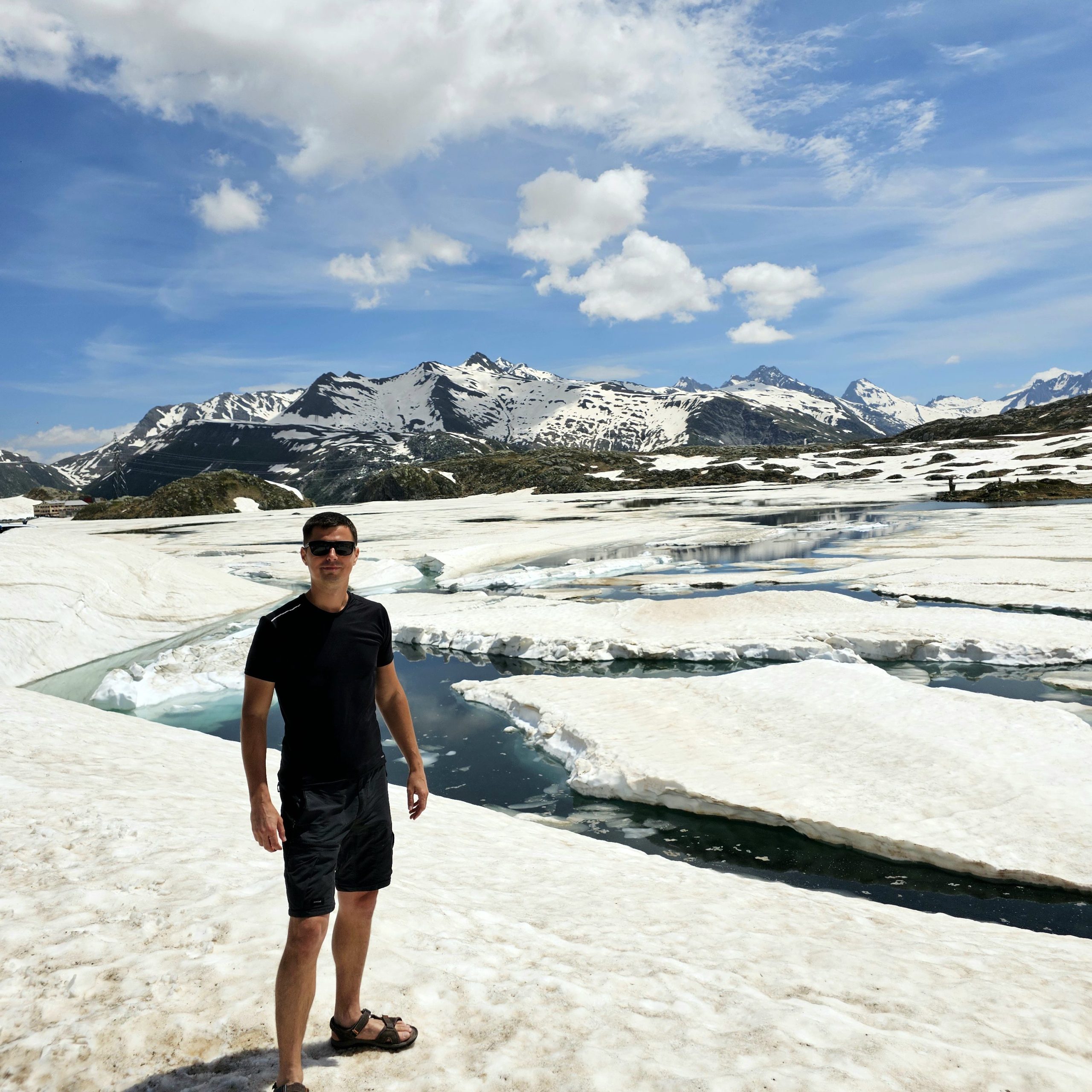
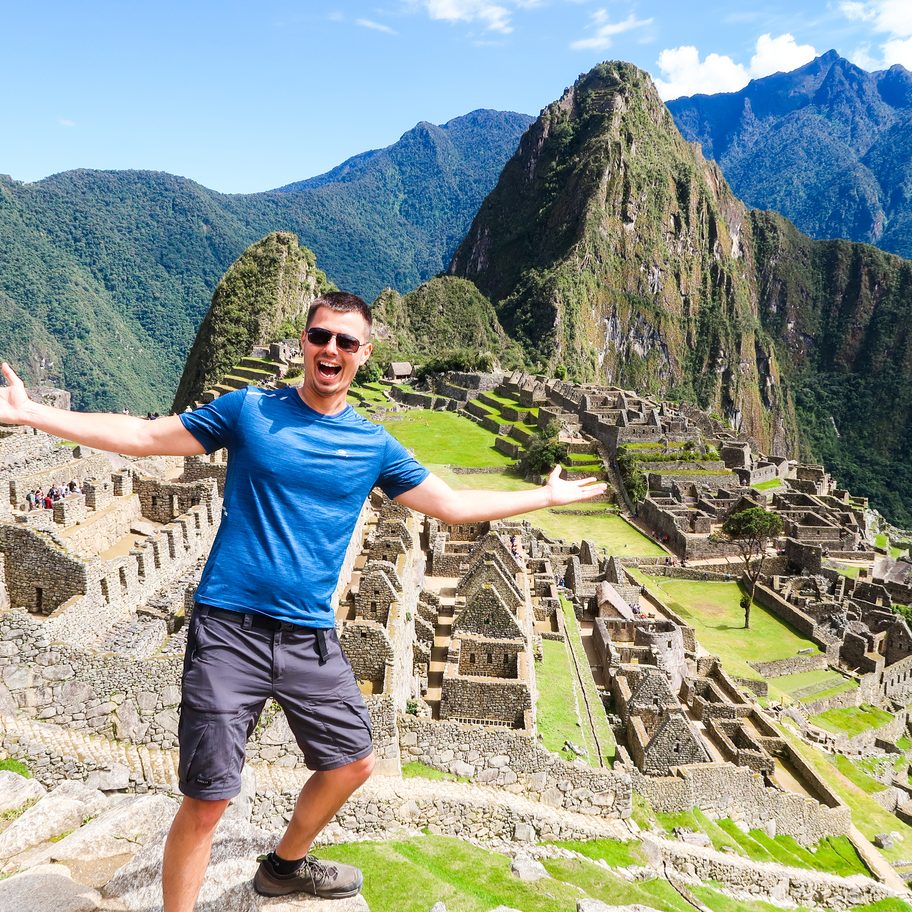
Some travelers chase adventure; others seek understanding. For Serbian world traveler, Nikola Trifunović, travel has always been about transformation. A way to see the world and, in turn, himself more clearly. Over nearly two decades and 76 countries, his journey has taken him from the bustling streets of Dhaka to the wide steppes of Mongolia, from teaching in China to finding peace in Thailand’s coastal towns. His story is one of quiet resilience, cultural curiosity, and a belief that the world’s true lessons lie not in landmarks, but in the people and moments that challenge us to grow.
An Encounter That Stayed
I met Nikola years ago in my hometown, Yogyakarta. It was an unexpected encounter that stayed with me. Even then, he was a seasoned traveler, while my own journeys were still centered in Southeast Asia.
What I remember most about him was the way he spoke; alive and passionate, eyes glowing as he described distant lands and the people who shaped his path. His stories carried a quiet wisdom that comes only from years on the road.
Though we now live worlds apart, we’ve stayed in touch. When I recently explored the theme Journeys of Transformation, Nikola was the first person I thought of. Our online conversation felt effortless, and his stories reminded me why travel and friendship can transform us in ways we don’t always see coming.
The Spark of Curiosity
Nikola grew up in a small town in Serbia, far from the wide world he would one day explore. Yet even as a boy, he carried a quiet curiosity. He used to wander his neighborhood, fascinated by every hidden corner, and at night he’d pore over his geography atlas, tracing the lines of countries whose names sounded like magic — Shanghai, Buenos Aires, Kathmandu.
He told me he never truly believed he’d see those places. But life has a way of rewarding quiet dreams. Years later, he would find himself beneath Shanghai’s shimmering skyline, not once, but three times, and smile at how far those atlas lines had taken him.
2007: The Leap Across the Ocean
At 23, Nikola joined a Work and Travel program in the United States, it was his first time leaving Europe. He wasn’t nervous, just curious. “I believed things would fall into place,” he said.
That simple belief became his compass. For four months, he worked; for one month, he wandered. And somewhere along the way, he discovered that travel wasn’t just about seeing new places, it was about learning who you become when the world no longer feels familiar.
2009: A Lesson in Gratitude
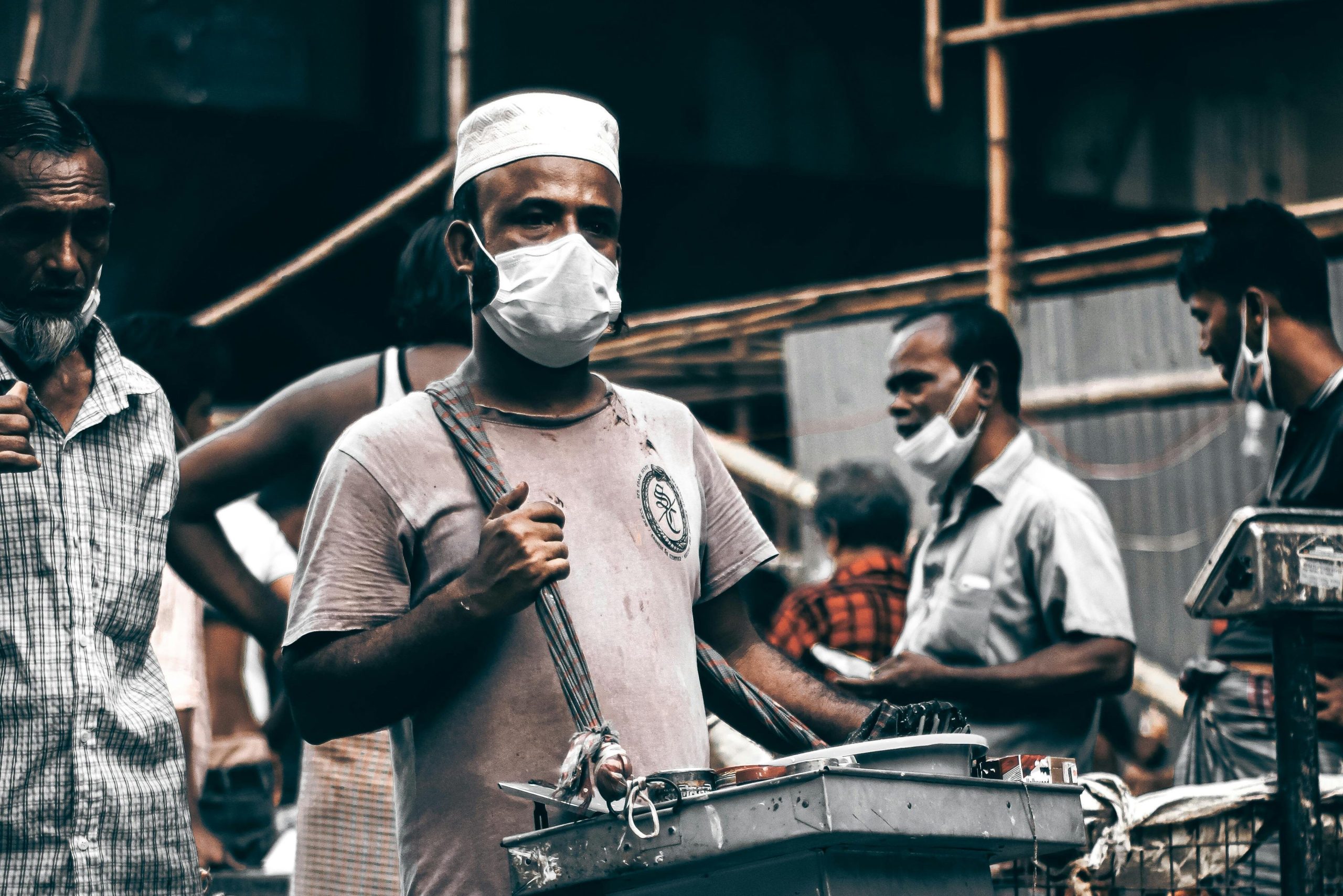
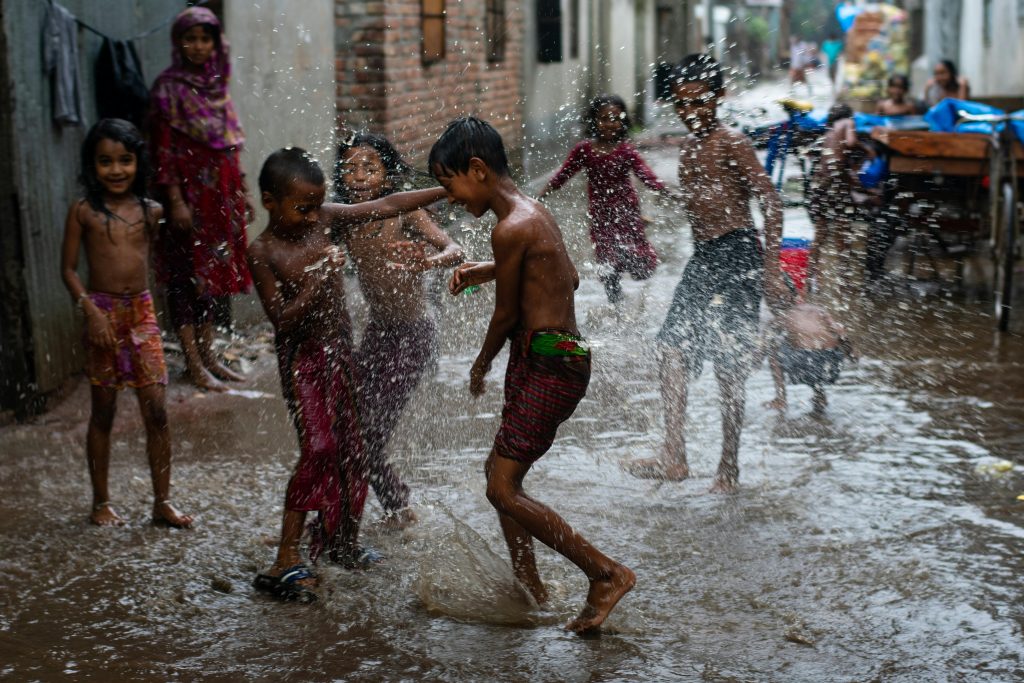
Bangladesh, he told me, changed him more than any other country. Before that trip, his travels had been mostly within Europe which was safe, clean, predictable. But Dhaka was another rhythm entirely.
Before that trip, he often complained about life in Serbia; about what didn’t work, what was missing. But witnessing how many people in Bangladesh lived without even a roof over their heads, shifted his perspective completely. It was a quiet reckoning.
It stripped away his assumptions and forced him to see how much he had taken for granted. For the first time, travel didn’t just show him new places, but it challenged his values and taught him the quiet power of gratitude.
2012–2016: Years That Changed Everything
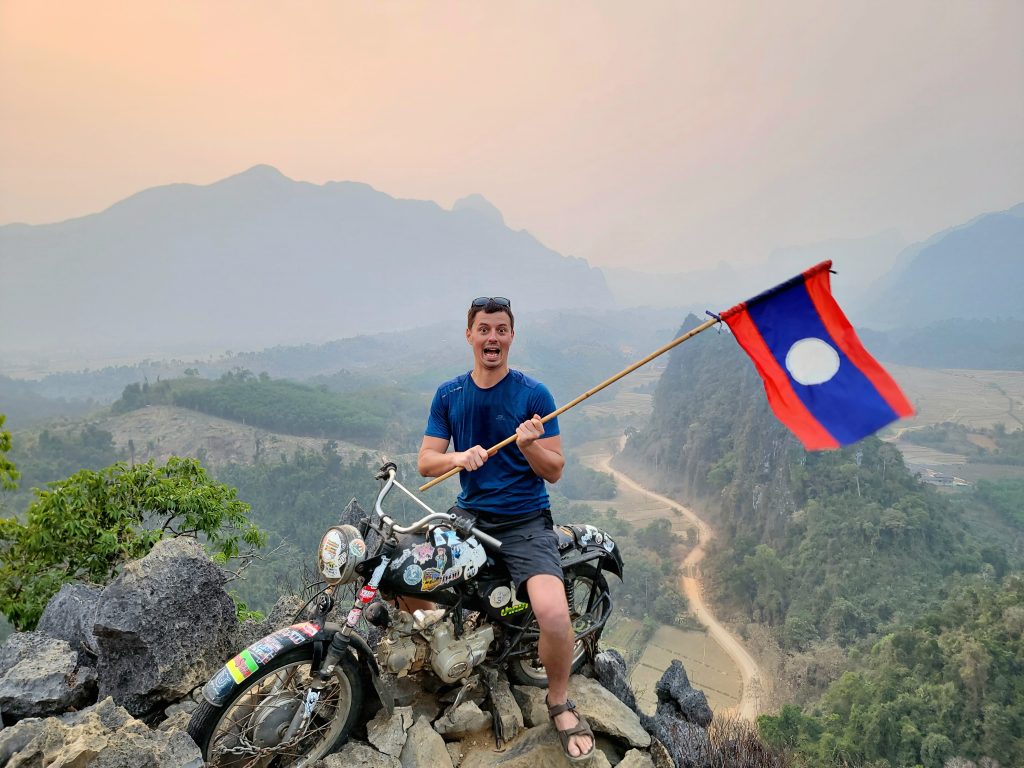
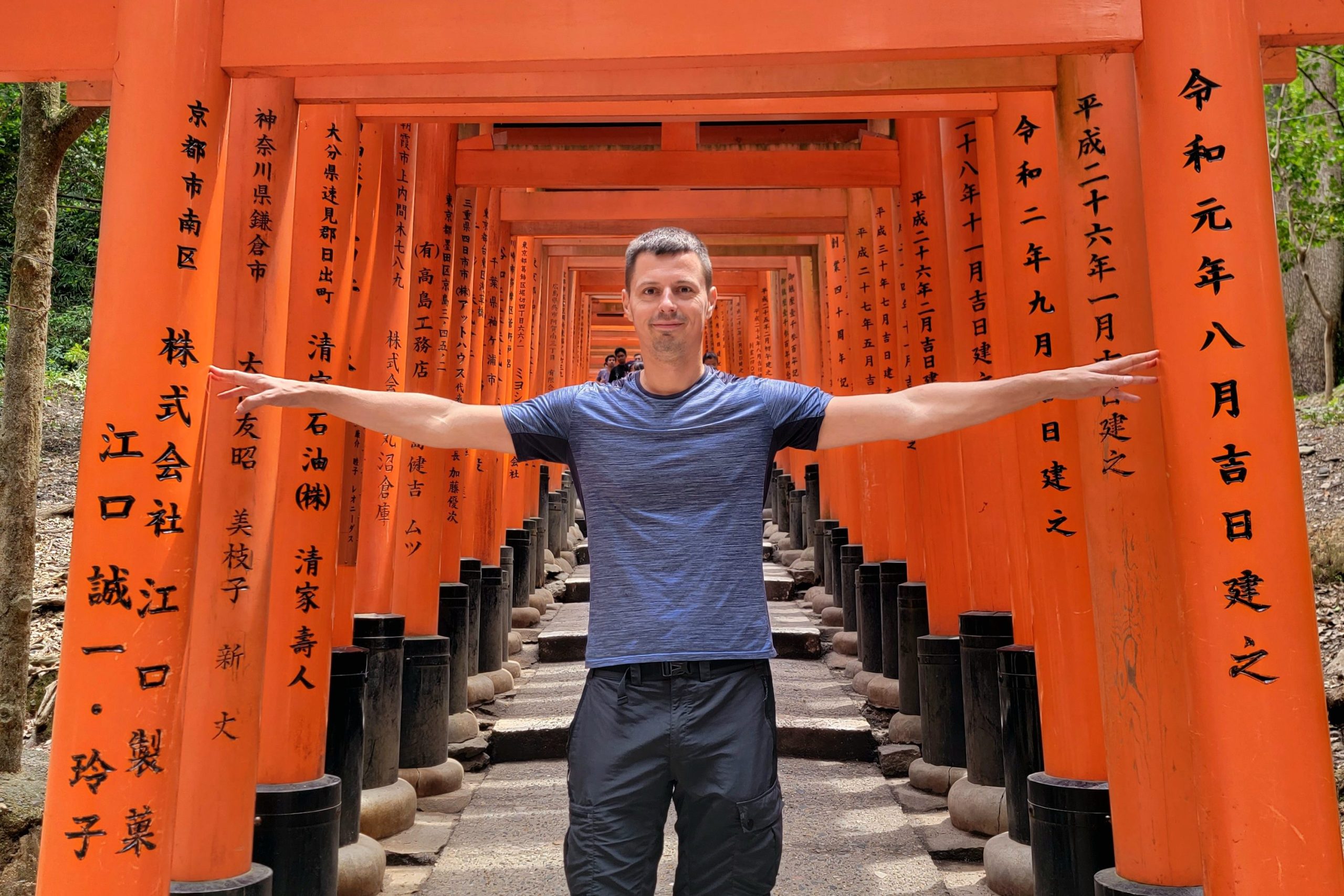
In 2012, Nikola began one of his most ambitious journeys, an overland trip from Serbia to Hong Kong. He crossed Hungary, Ukraine, Russia, Mongolia, and China, mostly by train and hitchhiking. The stretches between towns were vast, lonely, and otherworldly.
Later, he spent two full years in Asia, one traveling, one teaching English in China. It was the first time he had stayed that long in one country. Living somewhere is different from just passing through; we learn new skills, adapt to the local rhythm, and begin to see life through other people’s eyes. Those two years shaped him more than any other period of his life.
“Asia also taught me simplicity. In small Thai villages or the calm streets of Laos,” he said, “People smile so easily. They have little, but they’re content. And it made me wonder why people in richer countries often aren’t.”
Listening to him, I couldn’t help but think how these quiet realizations, the kind we rarely write down, are the ones that truly transform us.
2018–2020: The Rhythm of Latin America
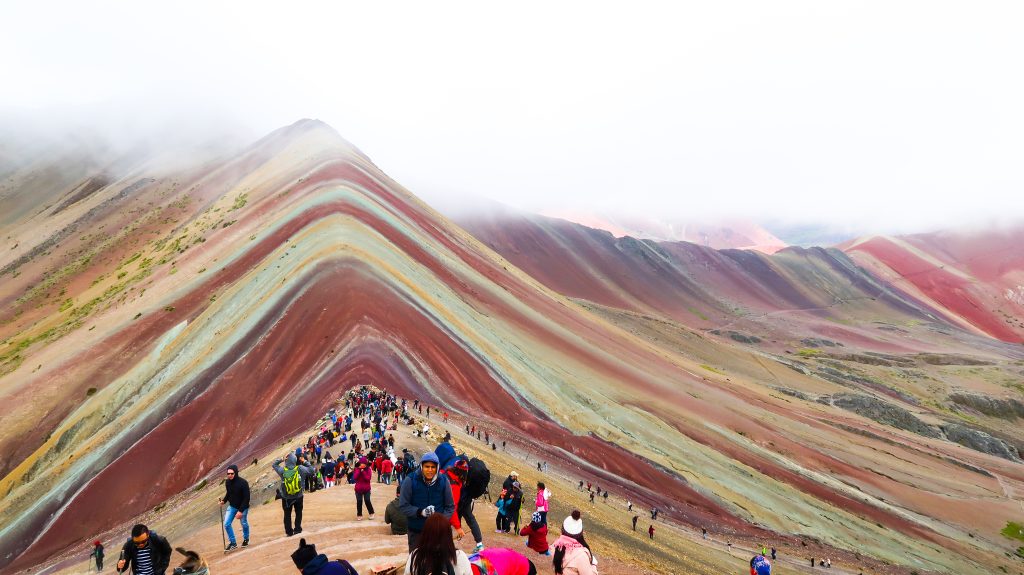
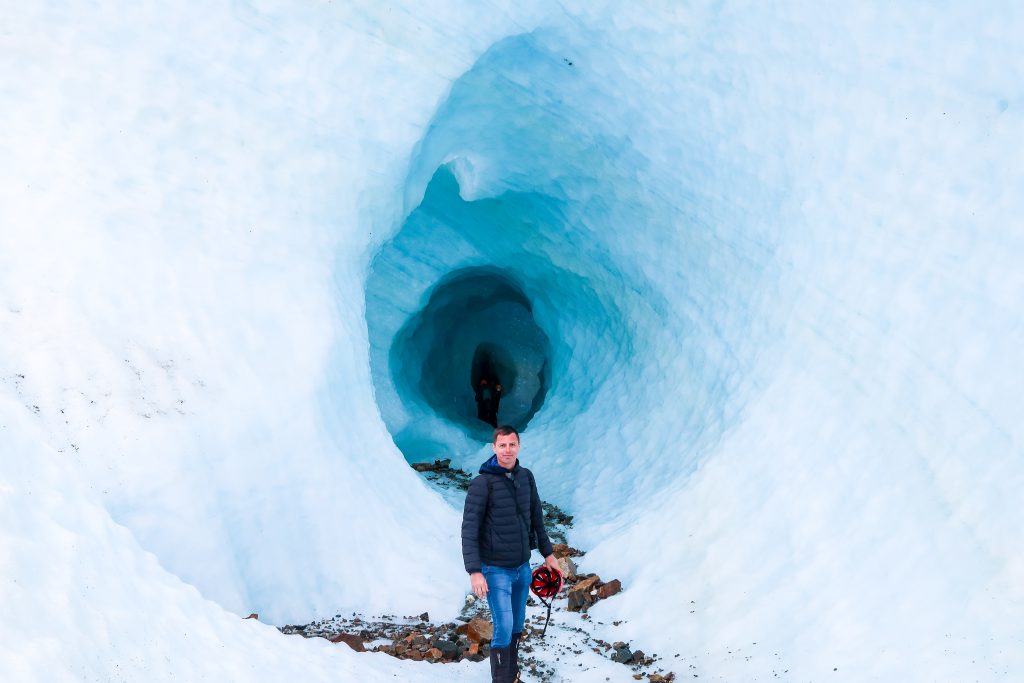
By 2018, Nikola’s journey had taken him to Latin America, another world entirely. He arrived not knowing Spanish but learned it along the way, driven by necessity and curiosity.
“In Latin America, English often doesn’t get you far, so I had to learn some Spanish, at least enough for everyday situations. That effort made the journey richer and helped me connect with locals on a deeper level,” he said.
He told me how he spent his early days in Bogotá walking ten kilometers just to understand the rhythm of the city; the chaos of the markets, the laughter from windows, the honest life in unpolished corners.
“That’s what I love most,” he said. “The everyday life, not the postcard views.”
His words reminded me that the best travelers aren’t collectors of destinations, they’re collectors of connections.
2022–2025: Redefining Home
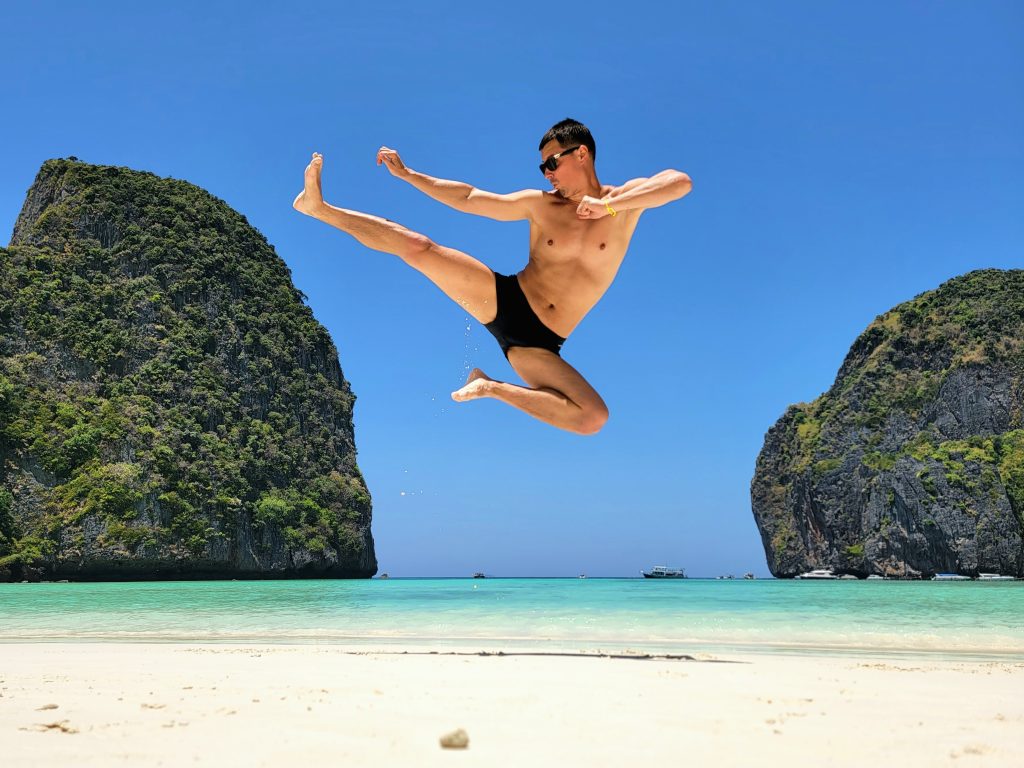

Now, Nikola’s sense of home has evolved. It’s not tied to an address or country, but to a feeling; wherever he feels comfortable, inspired, and free.
He spends most winters in Thailand, working remotely, surrounded by sun and sea. When summer comes, he returns to Serbia, reuniting with family and old friends before setting off again.
It’s a thought that stayed with me long after our conversation. For him, the road didn’t replace home, it redefined it.
Lessons from the Road
After nearly two decades of travel, Nikola has become quietly unshakable. When things go wrong, and they often do, he’s learned to stay calm and trust that something will turn up.
He told me about almost missing a flight from Istanbul to Jakarta after refusing a dishonest driver’s demand. Stranded for hours, he eventually caught another ride, just in time. “It taught me patience,” he said simply. That calm resilience, he believes, is what the road teaches best.
But what stays with him most are not the mishaps, but the people. In Tajikistan, strangers once invited him to sleep in a mosque after finding him stranded in the dark. “That kind of kindness,” he said, “you never forget.”
Through Couchsurfing and countless encounters, he’s learned that generosity doesn’t come from wealth but from warmth. “In richer countries, people are polite but distant,” he told me. “In poorer ones, they have less but give more. Real generosity comes from the heart.”
It’s this awareness that shapes how he travels today; slowly, respectfully, and with empathy. He takes local buses, eats at family-run stalls, and avoids the noise of mass tourism. “If you’re in someone’s country,” he said, “you should move at their rhythm and respect their culture.”
For Nikola, travel is no longer about movement, it’s about mindfulness.
Looking Ahead: The Meaning of Transformation
After 76 countries, Nikola still speaks of travel as if he’s just beginning. His dreams reach toward Africa and Antarctica, not to complete a checklist, but to keep learning. “It’s not about how many places you see,” he said. “It’s about how deeply you experience them.”
“Change doesn’t come from how many miles you travel,” he said. “It comes from every small moment when you open yourself to others.”
In reflecting on his story, one sees transformation as more than movement: it is openness, awareness, and the ability to let the world teach you quietly and profoundly.
I met Nikola just once in Yogyakarta, but the friendship outlasted time and geography.
Today, he continues his travels; steady, curious, unchanged in spirit.
For me, his stories remain a quiet testament to how travel reshapes not only where we go, but who we become.
Special thanks to:
Nikola Trifunović | IG: @nixyjungle

Deti Lucara
Writer | FounderA writer and traveler from Indonesia, and the founder of thecharmingworld.com — a space born from my love for art, culture, and human connection. I created it for kindred souls who believe that beauty lives in curiosity, wonder, and the stories we share along the way.

